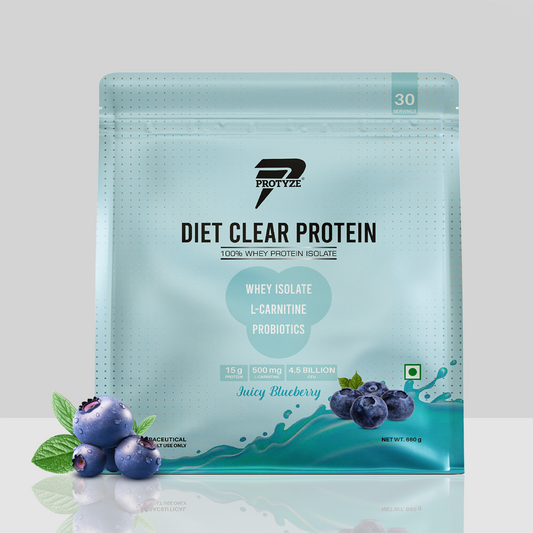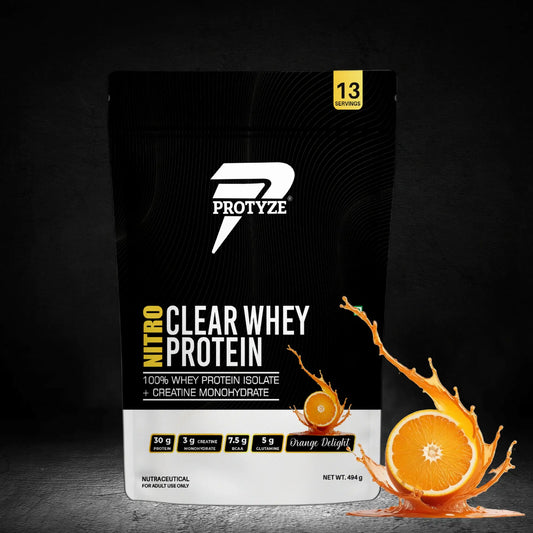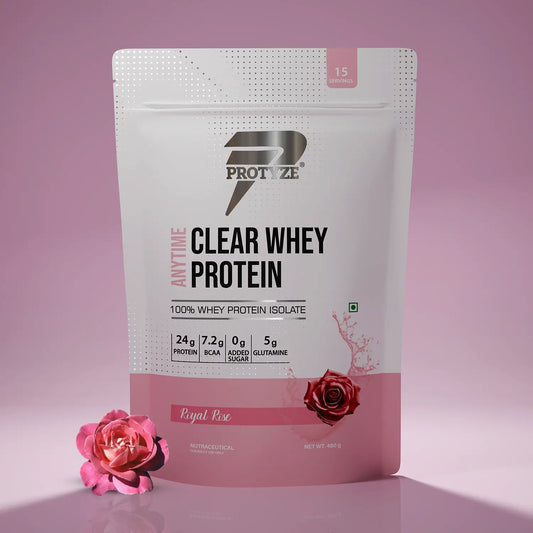If you’ve ever pushed hard during a workout, gone for a long run, or worked outdoors in the heat, you’ve likely experienced a sudden, sharp pain in your muscles a muscle cramp. That painful tightening that seems to freeze your muscles in place isn’t just random. In most cases, it’s your body’s way of saying something is off often, it’s a lack of electrolytes.
Electrolytes play a key role in how your muscles contract and relax. When they’re not in balance, your muscle cells can misfire, leading to painful cramps. But what exactly is the connection between electrolytes and muscle cramps, and how can you prevent them? Let’s break it down in simple terms backed by real science.
What Are Electrolytes?
Electrolytes are minerals that carry an electric charge when dissolved in water. These include sodium, potassium, magnesium, calcium, and chloride, among others. They’re found in your blood, sweat, and tissues and they help regulate several vital functions like:
- Muscle contraction and relaxation
- Nerve communication
- Fluid balance
- Heart rhythm
- pH regulation
When you sweat, you don’t just lose water you lose electrolytes too. And if you don’t replace them, your body starts to struggle with maintaining muscle control.
How Electrolytes Affect Muscle Function
Every time you move whether lifting weights or simply walking your muscles contract and relax through electrical signals sent from your nerves. Electrolytes make these signals possible.
Here’s how it works:
- Sodium helps generate electrical impulses in your nerves.
- Potassium helps your muscles respond to those signals.
- Calcium triggers the actual contraction of muscle fibers.
- Magnesium helps your muscles relax afterward.
When one or more of these electrolytes drop too low, your muscle fibers may remain partially contracted causing the painful, involuntary tightening we call a cramp.
Why Muscle Cramps Happen
There are many reasons why you might experience muscle cramps, but one of the most common is electrolyte imbalance due to dehydration. Here’s how it happens:
1. Sweating During Exercise
- Intense workouts, especially in hot environments, cause your body to sweat out sodium, potassium, and magnesium.
- Without proper replenishment, your muscles lose the ability to contract and relax smoothly.
2. Low Fluid Intake
- Even mild dehydration reduces blood flow to working muscles, increasing cramp risk.
3. Inadequate Nutrition
Diets low in magnesium, calcium, or potassium can make your muscles more sensitive to fatigue.
4. Overexertion and Fatigue
Pushing your muscles beyond their usual limits without adequate recovery can trigger spasms.
5. Poor Recovery or Sleep
- Incomplete muscle recovery, lack of hydration, and low electrolyte levels together create the perfect setup for cramps.
What Science Says About Electrolytes and Cramps
Scientific research confirms that electrolyte imbalances play a major role in muscle cramping particularly loss of sodium and potassium through sweat.
- Sodium maintains fluid balance around the muscles, and when sodium drops, the nerves controlling muscles become overly sensitive, leading to involuntary contractions.
- Potassium and magnesium are key to balancing the electrical impulses that coordinate muscle movement. Deficiency in either mineral disrupts this balance, increasing the risk of cramps.
Interestingly, some studies also highlight that dehydration alone doesn’t always cause cramps, but when combined with low electrolytes, the risk multiplies. In other words, drinking just water after sweating heavily might not be enough you need to replace the minerals too.
Common Signs of Low Electrolytes
Recognizing early signs of electrolyte imbalance can help you prevent cramps before they start:
- Frequent muscle cramps or twitching
- Fatigue or low energy
- Dizziness or headache
- Dry mouth and dark urine
- Irregular heartbeat or palpitations
If you notice these symptoms, especially after exercise, it’s your body signaling that it needs electrolyte replenishment.
How to Prevent Muscle Cramps Naturally
1. Stay Hydrated – The Smart Way
Plain water is essential, but when you sweat heavily, you need fluids that contain electrolytes to truly rehydrate. Drinks that combine water, sodium, potassium, and magnesium help your body retain fluids and maintain muscle function.
This is where functional hydration products like Protyze Hydra Clear Whey Protein can play a big role. Hydra is formulated with electrolytes and clear whey protein isolate, helping you rehydrate, recover, and refuel after workouts. The added protein supports muscle repair while the electrolytes restore balance making it ideal for those who train in heat or do long sessions.
2. Include Electrolyte-Rich Foods
Incorporate foods that naturally contain key electrolytes:
-
Potassium: Bananas, oranges, spinach, avocados
-
Magnesium: Almonds, pumpkin seeds, dark chocolate
-
Calcium: Yogurt, milk, leafy greens
- Sodium: A pinch of salt in meals or natural broths
These foods can help keep your levels stable when combined with adequate hydration.
3. Refuel Post-Workout
After intense training, your muscles need both electrolytes and protein to repair and recover. A good recovery drink provides these nutrients in a light, easy-to-digest form.
For example, Protyze Hydra-X Clear Whey Protein is a functional formula that combines whey isolate with electrolytes, creatine, and glutamine giving your body everything it needs for recovery in one go.
The electrolytes rehydrate your muscles, creatine supports strength and endurance, and glutamine helps with muscle repair. This combination makes Hydra-X especially effective for endurance athletes, lifters, and anyone prone to cramps after intense training.
4. Stretch and Warm Up
Tight muscles cramp easily. Dynamic warm-ups before workouts and static stretches afterward improve blood flow and muscle elasticity, reducing cramp risk.
Try including:
- Leg swings
- Arm circles
- Hamstring stretches
- Calf stretches
These help keep your muscles flexible and prepared for movement.
5. Rest and Recovery
Overtraining and lack of rest deplete electrolyte stores faster. Ensure you get enough sleep and rest days between workouts. This allows your body to restore balance and build stronger, more resilient muscles.
Why Functional Protein Drinks Help More
Functional proteins are not just about muscle building they help your body recover smarter by integrating hydration and repair in one step. When you consume a protein drink enriched with electrolytes, you address both key aspects of post-workout recovery:
-
Protein: Repairs muscle fibers damaged during exercise.
- Electrolytes: Restore hydration and prevent cramps.
Unlike traditional thick shakes, clear whey protein drinks like Protyze Hydra and Hydra-X are light, refreshing, and easier to digest. They can be taken during or after workouts to quickly restore your energy and reduce cramping risk.
Can You Get Too Many Electrolytes?
While rare, consuming excessive sodium or supplements without need can cause imbalances. It’s important to balance your intake based on activity level, sweat rate, and climate.
For most people, a balanced diet and a hydration routine that includes functional drinks during training are enough to maintain healthy electrolyte levels.
Conclusion
Muscle cramps are your body’s warning sign that something is off most often a mix of electrolyte loss, dehydration, and fatigue. Electrolytes like sodium, potassium, magnesium, and calcium are vital for muscle function, nerve signaling, and hydration. Without them, your body struggles to recover and perform efficiently.
By staying hydrated with electrolyte rich Foods, eating mineral-dense foods, and recovering smartly, you can prevent cramps and improve overall performance.
For athletes and active individuals, functional products like Protyze Hydra and Hydra-X Clear Whey Protein offer a complete recovery solution combining protein, electrolytes, creatine, and glutamine for hydration, repair, and strength in one refreshing drink.
In short:
- Hydrate smartly, not just with water.
- Replenish electrolytes daily.
- Recover with protein and minerals.
Your muscles will thank you with better endurance, less fatigue, and zero cramps.





